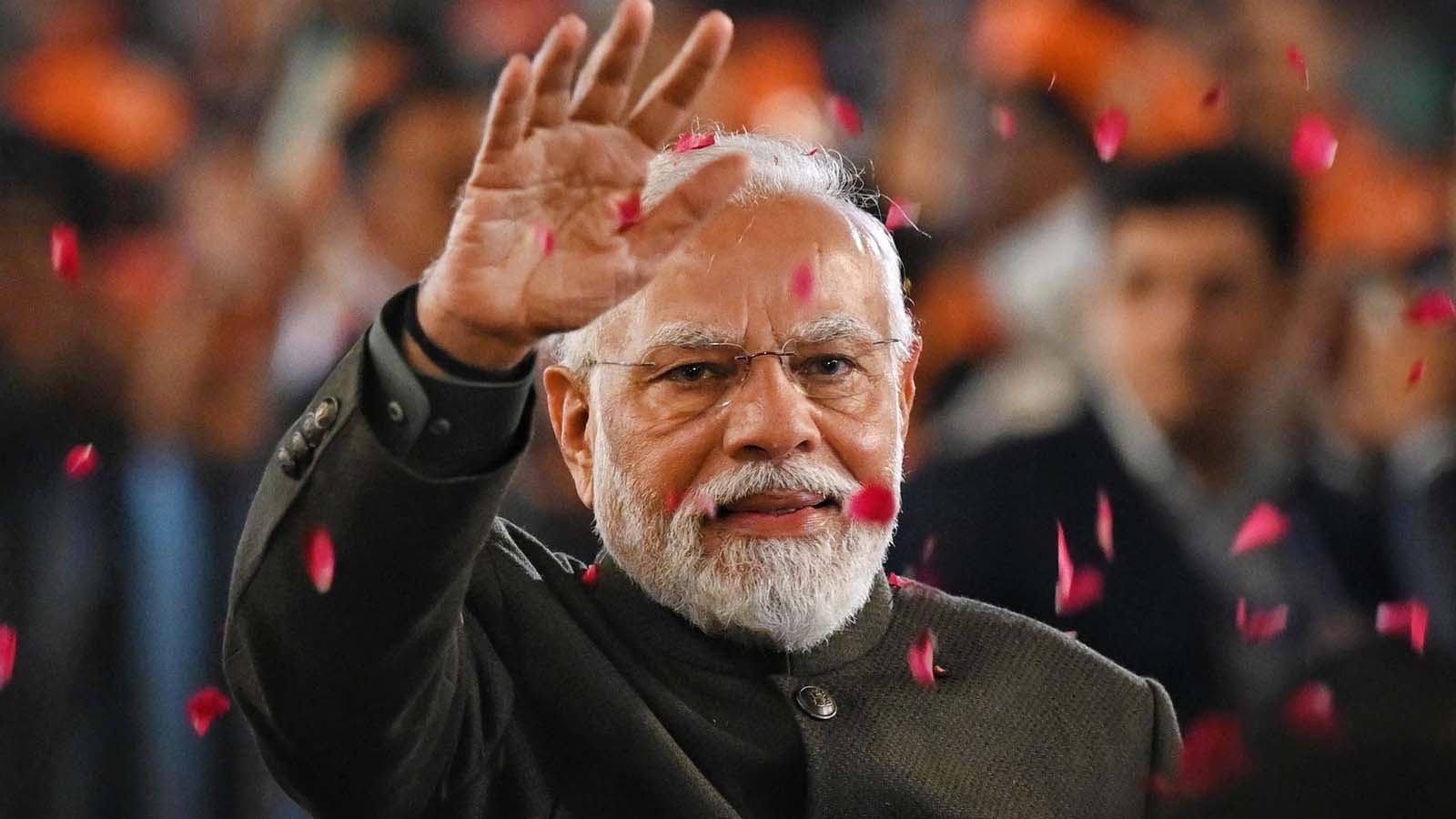Chennai: As Tamil Nadu gears up for the April 19 Lok Sabha elections, the political landscape is marked by intense campaigning and heated debates. The contest is distinguished by the vigorous efforts of the BJP, spearheaded by Prime Minister Narendra Modi, to carve a presence in the Dravidian region, presenting a noteworthy struggle in the 2024 electoral battle.
On Friday, voters across the state will cast their ballots in 39 Lok Sabha constituencies, deciding the future of 950 candidates. Over 6.23 crore electors are poised to exercise their democratic rights at nearly 68,000 polling booths.
The election fervor set in early January with Modi’s repeated visits to the state, highlighting development and the cultural pride of Tamil heritage while castigating the DMK-Congress for alleged malfeasance and nepotism. The state experienced a flurry of campaigning throughout March.
Coimbatore, the nerve center of western Tamil Nadu, emerges as a focal point in the state, with BJP’s K Annamalai striving to clinch victory against the Dravidian heavyweights, DMK and AIADMK. He also confronts the Tamil nationalist party, Naam Tamilar Katchi, in a four-way contest, where anti-DMK-Congress sentiments could be diffused.
In his closing electoral statement, Annamalai contended that “Dravidian politics” is outdated and portrayed himself as a kin of the populace. A joint rally of Congress’ Rahul Gandhi and DMK President M K Stalin in Coimbatore underscores the importance of the region.
Notably, the 2024 Lok Sabha elections represent a departure from recent history, with the BJP steering the campaign narrative through assertive criticism and revelations on issues like Katchatheevu, while also addressing other significant topics.
The Katchatheevu dispute sparked a war of words between the BJP, led by the indomitable Annamalai, and the DMK-Congress alliance.
While the BJP accused the DMK-Congress of betrayal, the Dravidian and grand old parties questioned “Chinese intrusions.” Modi’s campaign emphasized the Katchatheevu issue, accusing the DMK-Congress of causing fishermen to pay the price for their transgressions.
The Prime Minister also discussed the drug crisis, citing the apprehension of expelled DMK official Jaffer Sadiq by the NCB, and the menace to “eradicate Sanatana Dharma.” Modi’s campaign was comprehensive in Tamil Nadu, with rallies across various constituencies including Chennai, Coimbatore, Vellore, and Tirunelveli.
The nine visits by the PM to Tamil Nadu prior to a Lok Sabha election stand as a unique occurrence in the state’s history. It reflects the BJP’s determination to break its electoral stagnation in the Dravidian heartland, relying primarily on a few regional allies such as the Pattali Makkal Katchi in Dharmapuri, where Sowmiya Anbumani is contesting.
Prominent candidates include DMK’s Dayanidhi Maran (Central Chennai), A Raja (Nilgiris), and Kanimozhi (Thoothukudi); BJP’s L Murugan (Nilgiris), Tamilisai Soundararajan (South Chennai); and former Chief Minister O Panneerselvam (Ramanathapuram); among others.
With the exception of BJP veteran Pon Radhakrishnan’s 2014 win from Kanyakumari, the Saffron party’s victories in Tamil Nadu since 1998 have been linked to alliances with either the AIADMK or DMK.
BJP contenders have invested significant effort in constituencies such as South Chennai, Tirunelveli, Coimbatore, Nilgiris, and Vellore to persuade the electorate.
DMK president and Chief Minister Stalin spearheaded his party’s campaign, championing social justice, the achievements of his government, and the “threats” posed by the BJP’s “divisive politics,” referencing the “electoral bond scam” as evidence of the BJP’s corruption.
The DMK campaign concentrated on securing funding from the central government, especially for flood relief. Stalin and his party leaders argued that the central assistance was a facade, consisting of funds borrowed by the state rather than new support.
Udhayanidhi Stalin, son of CM Stalin and a state minister, traversed Tamil Nadu with roadshows, focusing on the “Madurai AIIMS being a non-starter” and other critiques of the BJP.
When Udhayanidhi repeatedly criticized PM as “29 paisa Modi” for returning only “29 paisa per rupee paid in taxes,” Annamalai countered by claiming that Tamil Nadu received more central support than any other state.
AIADMK general secretary Edappadi K Palaniswami launched his campaign early, collaborating with ally SDPI in January and declaring the lack of necessity for a ‘PM face’ to solicit votes.
The AIADMK’s campaign, led by Palaniswami, centered on challenging the ruling DMK on issues such as law and order and the drug epidemic.
In the latter stages of the campaign, Palaniswami criticized the BJP for discrimination based on “caste and religion.” When Annamalai predicted AIADMK’s demise after the elections, Palaniswami remained unperturbed, asserting that voters would teach them a lesson and that no force could overpower the party’s steadfastness in facing numerous challenges.




